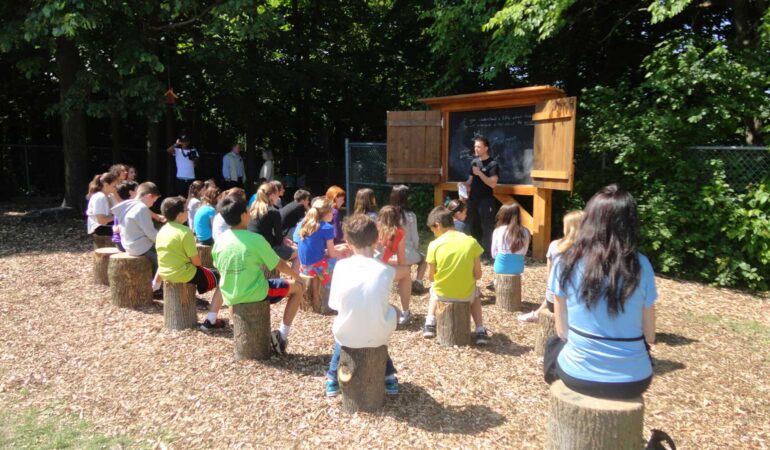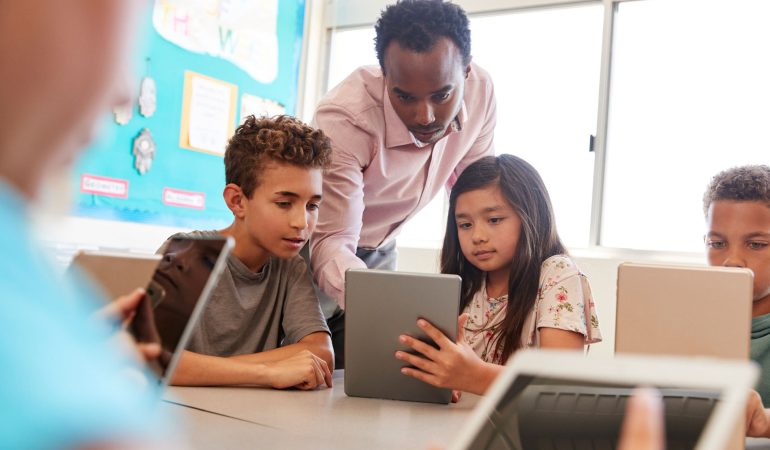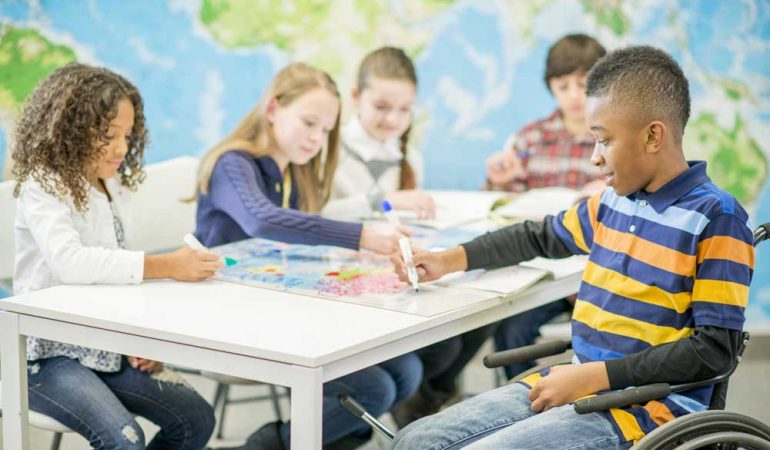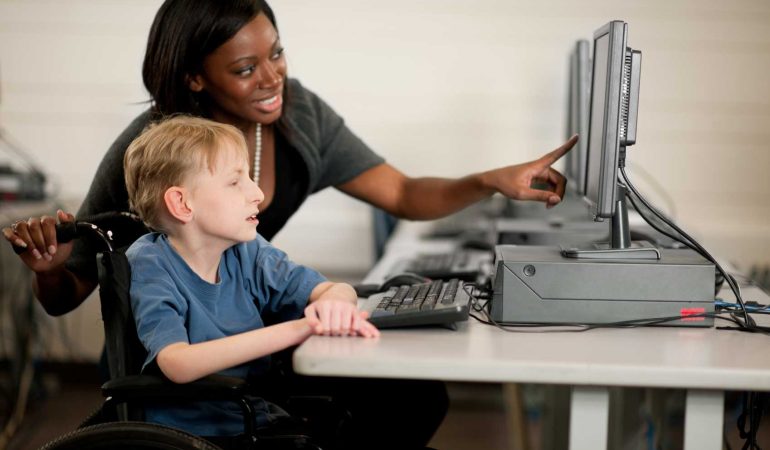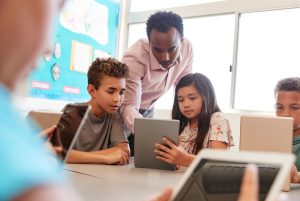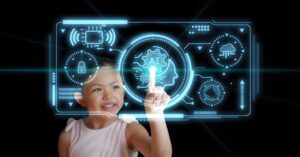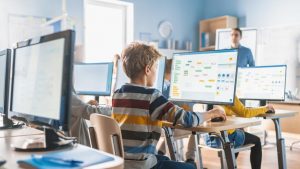Outdoor Education for Inclusive Learning
This course examines “Outdoor Education” as a primary approach within inclusive learning, providing educators with innovative methods to effectively include students with various needs. Participants will explore how outdoor activities can serve as powerful tools in inclusive education, examining strategies to enhance accessibility and foster connections. Practical activities conducted in natural environments will enable educators to create interactive experiences that encourage all students to actively participate in the learning process.
Throughout the course, practical activities will be designed to strengthen students’ social connections, promote collaboration, and ensure every child’s participation in education. Additionally, eco-focused exercises will support the inclusive education framework, fostering empathy, responsibility, and a deeper connection to nature while providing practical strategies aligned with inclusive education goals.


